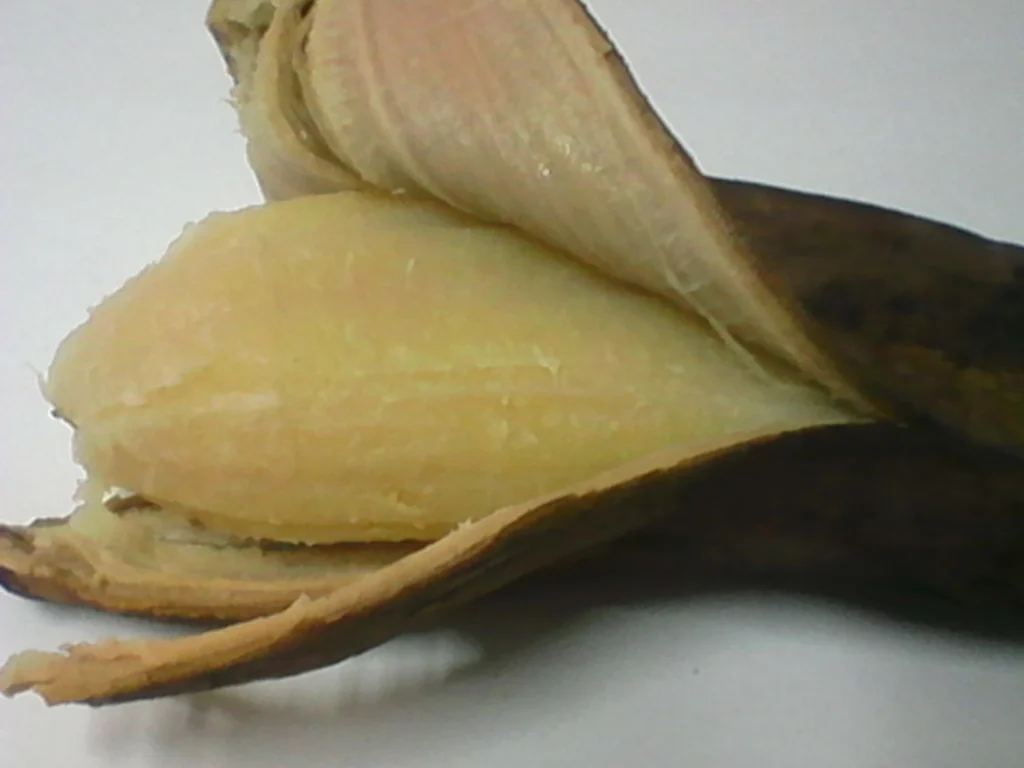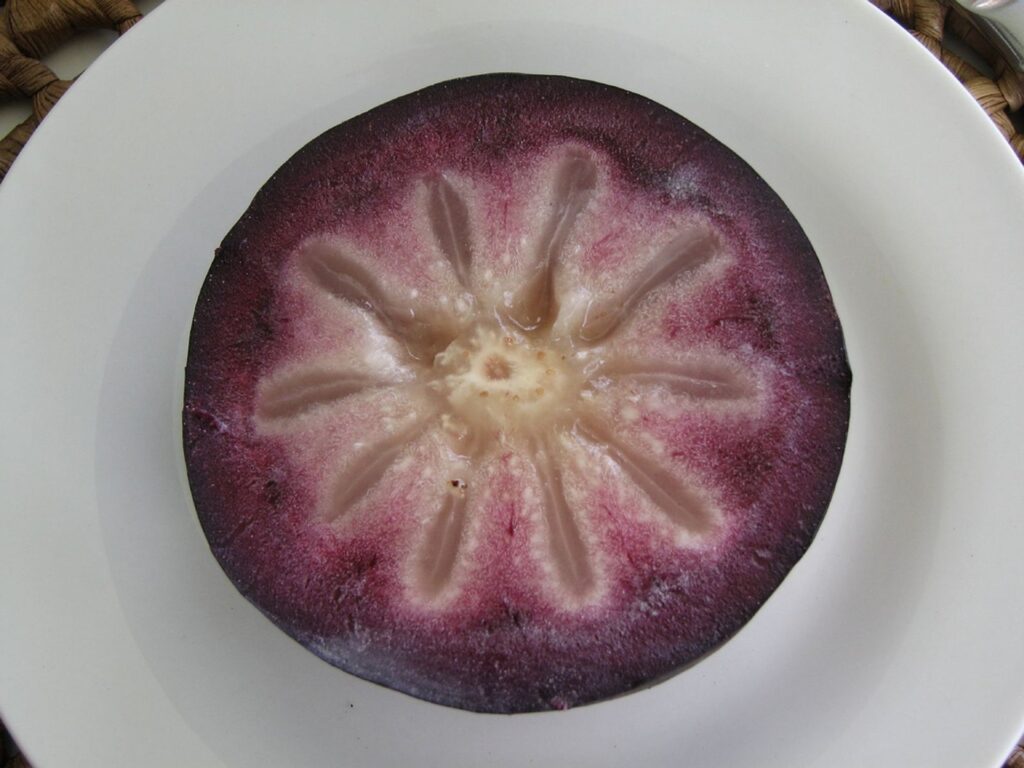Ginger is much more than just a spice – it’s a plant with a rich history and numerous benefits. This root adds a spicy kick with a touch of sweetness to dishes worldwide, especially in Asian cooking. But ginger is not only tasty; it can also be good for your health.
In this detailed article, we’ll look into 15 fun facts about ginger that might surprise you. We will discuss its history, health advantages, and more. So, let’s dive in and learn about this amazing root!
Table of Contents
- 15 Fascinating Facts About Ginger
- 1. Ginger originated in Southeast Asia over 5,000 years ago
- 2. Ancient civilizations treasured ginger as a luxury
- 3. The name “Ginger” has its roots in the ancient Sanskrit language
- 4. People believed ginger could help with the bubonic plague
- 5. Ginger was once used as a form of money
- 6. The compound gingerol is responsible for ginger’s unique taste and health properties
- 7. Ginger is great for reducing nausea, especially during pregnancy
- 8. Ginger can help with muscle pain after working out
- 9. Ginger Helps Keep Your Blood Sugar and Heart Healthy
- 10. Ginger is Thought to Scare Away Bad Spirits and Bring Good Fortune
- 11. Ginger Keeps Bugs Away Naturally
- 12. Ginger Helps Stop and Treat Infections
- 13. Ginger Adds Taste to Sweet and Savory Foods
- 14. Ginger is a Go-To for Cold and Flu Relief
- 15. Ginger is Important in Traditional Healing
- The Bottom Line
15 Fascinating Facts About Ginger
1. Ginger originated in Southeast Asia over 5,000 years ago
People have been growing ginger for more than 5,000 years. It started in Southeast Asia but is now also found in places like Africa, the Caribbean, and Latin America. You can use ginger in many ways, such as fresh, dried, powdered, or as an oil.
People originally used ginger to help with health issues like stomach aches and soreness. Today, scientists are studying how it might help with diseases like diabetes and heart problems.
Ginger continues to be an essential ingredient in recipes and medicines and brings lots of advantages to those who use it.
2. Ancient civilizations treasured ginger as a luxury
Long ago, ginger was so valued for its flavor and healing qualities that people considered it a luxury, especially on the Silk Road. It became very popular in Europe during the Middle Ages when it was used to make sweet treats like gingerbread.
Nowadays, ginger is still appreciated but it’s much easier to get. You can enjoy ginger in meals, drinks, and teas, proving its timeless appeal.
3. The name “Ginger” has its roots in the ancient Sanskrit language
The word “ginger” comes from the ancient Sanskrit term “srngaveram,” which means “horn-shaped root.” This name likely comes from the root’s appearance, as it has many bumps and knobs like horns.
Depending on where you are in the world, ginger might have different names, but its unique taste and smell are famous everywhere.
4. People believed ginger could help with the bubonic plague
In the past, people used ginger to try and cure the bubonic plague, as they thought its anti-inflammatory qualities could lessen the pain and swelling from the disease.
While we now know more about ginger’s benefits, it still has properties that can reduce swelling, aid digestion, and relieve nausea, making this root an amazing natural resource for health.
5. Ginger was once used as a form of money
Ginger was so sought after for its taste and as a remedy that people in some places, like the Middle East, used it as money. It was traded for other goods during the spice trade era.
Although we no longer use ginger as currency, its significance in different cultures is still very strong. It’s a key part of cuisine and healthcare.
Ginger continues to be a central part of our diets and medicinal practices, proving its lasting worth over time.
6. The compound gingerol is responsible for ginger’s unique taste and health properties
What makes ginger taste the way it does? It’s a compound called gingerol.
But gingerol does more than flavor your food. It fights inflammation and might prevent serious diseases such as cancer, heart disease, and diabetes. It’s also known to help with arthritis pain.
So when you enjoy ginger, you’re not only adding taste to your dish but also getting health benefits that can improve your well-being.
7. Ginger is great for reducing nausea, especially during pregnancy
One of the best-known benefits of ginger is its ability to reduce nausea, especially for pregnant women who experience morning sickness. Ginger has proven to be a helpful natural treatment for them.
Ginger can also help with nausea from chemotherapy, surgery, and seasickness. It’s a safe and effective way to find relief from these discomforts.
8. Ginger can help with muscle pain after working out
When you exercise, you might feel muscle soreness afterward. Ginger can help reduce that pain. Taking ginger supplements after a workout helps recovery by fighting inflammation caused by muscle damage.
This natural remedy can significantly reduce the discomfort that comes from getting active, making your recovery easier and more comfortable.
When you finish working out, consider using ginger. It can help you recover faster and feel less pain. Ginger has stuff in it that fights swelling, so it can ease the soreness from working your muscles hard. Plus, it can make your body move easier and smoother.
After your exercise, snack on some ginger or sip some ginger tea. This will help your muscles relax and repair so that your flexibility feels amazing.
9. Ginger Helps Keep Your Blood Sugar and Heart Healthy
Many people find ginger to be a healthy addition to their meals. Research shows that ginger can lower blood sugar levels when people take it as a supplement. It’s also good for your heart because it can decrease things like cholesterol and fats in the blood, known as triglycerides.
If you have diabetes or problems with your blood sugar, ginger might be a helpful and natural choice. Including ginger in your meals might be a good idea for better health.
10. Ginger is Thought to Scare Away Bad Spirits and Bring Good Fortune
In some parts of the world, people think ginger has special power. They use it to chase away bad spirits and bring good luck, especially in some Asian countries during special ceremonies.
Even though we don’t have scientific proof for these ideas, it’s interesting to see how ginger is so important in different cultures all over the world for many, many years. You might believe in its magic or not, but either way, ginger is an important part of our history.
11. Ginger Keeps Bugs Away Naturally
Ginger can also keep insects away. Its strong smell is something bugs, like mosquitoes, don’t like. This means it can help stop them from bothering you.
You can use ginger oil or mix ginger juice with another oil like coconut oil to make your own bug spray. This is a good choice instead of using bug sprays with chemicals that can hurt the environment and your health.
12. Ginger Helps Stop and Treat Infections
Ginger has strong germ-fighting abilities, which can help you avoid getting sick or help you get better if you do. Studies show it can take on some tough germs and viruses, like E. coli, H. pylori, and the flu.
Besides fighting germs, ginger can make your immune system stronger so you can fight off infections better. Eating ginger can be a natural way to stay healthy.
13. Ginger Adds Taste to Sweet and Savory Foods
Ginger is well-known for making lots of different kinds of food taste great, whether it’s a savory meal or a sweet treat. It can add a special kick to things like stir-fries, cookies, or smoothies.
If you want to make your baked goods taste better, you can grate some ginger into them. Or, blend fresh ginger into smoothies for a flavorful health boost.
14. Ginger is a Go-To for Cold and Flu Relief
Ginger is a traditional way to help with cold and flu symptons. With its ability to reduce inflammation and strengthen the immune system, it can ease stuffy noses, coughs, and sore throots. It also has germ-fighting traits to help get rid of infections.
Drinking ginger tea or adding it to soups and stews can help you feel better faster and make your sickness go away sooner.
15. Ginger is Important in Traditional Healing
Ginger has a strong background in old healing practices like Ayurveda and Traditional Chinese Medicine, where it’s been used to fix many health problems.
Today, although we have modern medicine, some people still rely on ginger for its natural health benefits.
Whether you’re using it for pain relief, stopping infections, or just for flavor, ginger is a powerful and flexible ingredient that you should think about adding to your kitchen.
The Bottom Line
Ginger is amazing and can be used in many different ways. It’s been a trusted ingredient in cooking and healing for a long time. Its use in the past still shapes how we use it today.
If you want to make your food tastier, help your tummy, or get rid of colds and the flu, ginger is great to have on hand.
It adds a special touch to your food and packs a bunch of health benefits, helping you feel good inside and out. So go ahead, get creative with ginger in your recipes and enjoy all it has to offer!




![What Is the National Fruit Of Dominican Republic? [ANSWERED]](https://fruitonix.com/wp-content/uploads/2023/04/Passion-fruit-also-known-as-Chinola.jpg)




